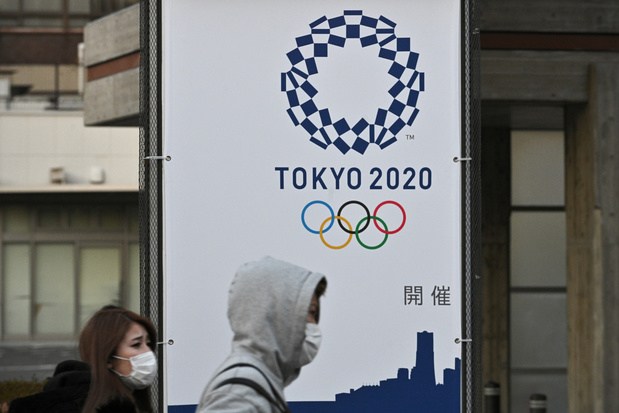The International Olympic Committee wants to "help" participants in the Tokyo Olympics to be vaccinated against Covid-19, but does not intend to demand priority access for athletes, he said Tuesday.
"The IOC continues to strongly support the priority of vaccinating vulnerable groups, health workers, doctors and all those who ensure the maintenance and safety of our societies," the body said in a statement.
The Olympic organisation therefore ruled out making the event, scheduled to take place from 23 July to 8 August, conditional on the systematic vaccination of sportsmen and women, which appeared both practically uncertain and ethically dubious.
Despite the multiplication of variants of Covid-19 and the worsening of the pandemic, the IOC maintains that vaccines are "one of the many tools" in its health arsenal, but not the decisive weapon.
Related News
- Japan 'determined' to host 2021 Olympics
- Vaccination will not be a condition for participation in the 2021 Olympics
The organisers of the Olympics are also banking on specific immigration procedures, quarantine measures, the introduction of tests, personal protective equipment and contact tracing of contacts.
Only in a second phase, "once vaccination is available to a wider public," will the body call on Olympic and Paralympic delegations "to be vaccinated in their country of residence, in accordance with national guidelines".
In concrete terms, the IOC will ask the 206 National Olympic Committees by letter "to actively approach their respective governments" and to report back in early February.
Access to vaccines still strongly differs from one country to another, depending on the availability of doses and government priorities. For example, the vaccination campaign will only start at the end of February in Japan, where public opinion is increasingly hostile to the Games.
The World Health Organisation (WHO), which is involved in the preparations for the Games, said on Monday that there are currently "not enough vaccines for people at risk" and that the main aim is to "use this scarce resource to combat one of the most devastating health crises of our time".
The Brussels Times

